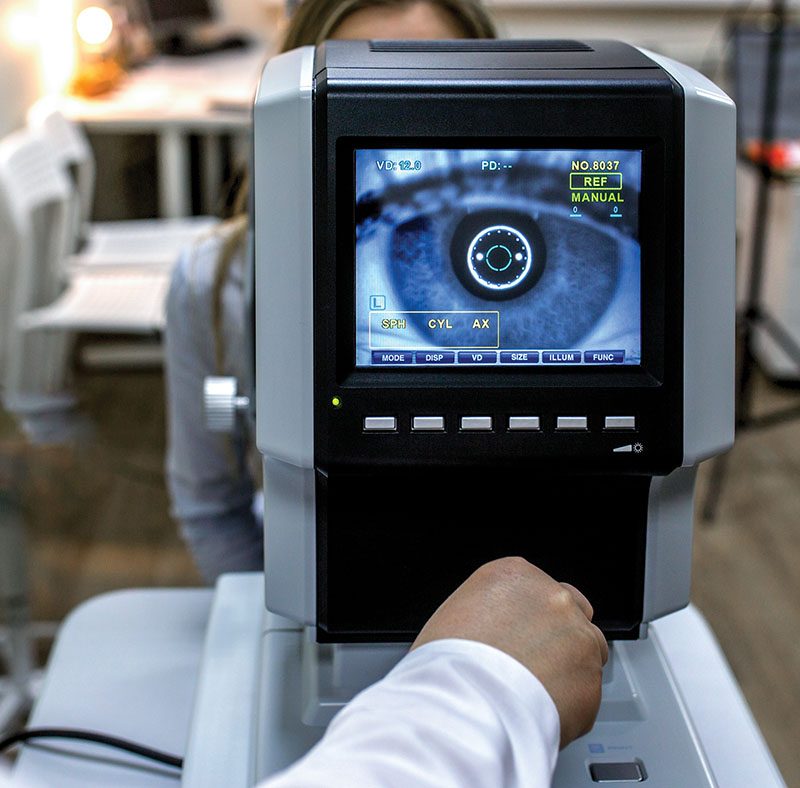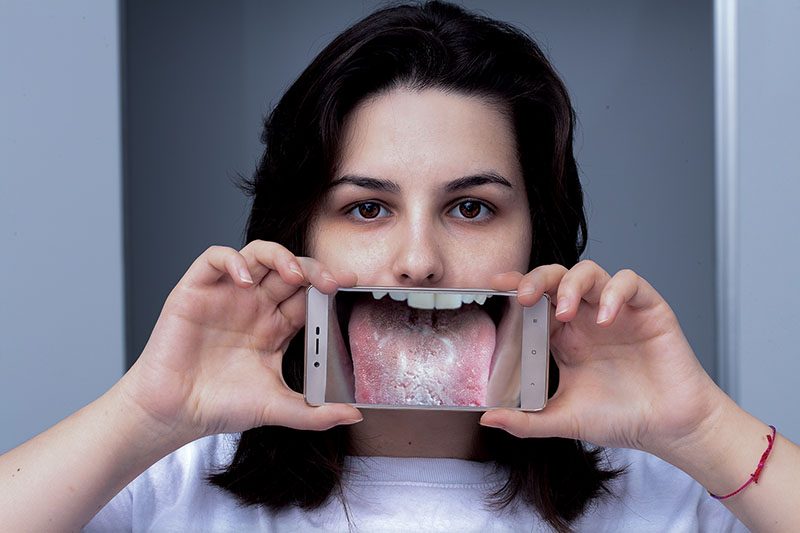DAN® medics and researchers answer your dive medicine questions.
T: Saya menderita spondyloarthritis aksial nonradiografi dan berharap berada di dalam air akan membantu meringankan nyeri sendi saya. Saya mengonsumsi Celebrex sesuai kebutuhan, dan hasil tes stres dan fungsi paru-paru saya baru-baru ini kembali normal. Apakah aman untuk menyelam dengan kondisi saya?
A: Nonradiographic axial spondyloarthritis (nr-axSpA) is not well understood in rheumatology. The symptoms vary in each person, so doctors must evaluate everyone individually. Back pain is often the first sign of the disease and may be problematic for diving. Divers carry between 40 and 50 pounds (18 to 23 kilos) of weight, including gear and cylinders.
Divers should be able to don and doff their gear unassisted, move around on rocking boats, perform shore entry and egress (often under challenging conditions), and climb dive ladders with gear on. Any of those scenarios could potentially exacerbate your symptoms. Although the shoulders bear much of the gear weight, it can also transfer to your back and hips. You should also consider if the condition is affecting your other joints, which often occurs with nr-axSpA.
Your effort to relieve joint pain involves achieving neutral buoyancy, but that requires some physical exertion. Additionally, nr-axSpa often progresses into ankylosing spondylitis with inflammation where tendons, ligaments, or joint capsules enter the bone, which can lead to spinal fusion and reduced mobility. It can take years for the disease to progress that far, or it may never progress, but it is still a consideration.
Dokter Anda juga harus mempertimbangkan gejala lain seperti plak psoriasis, gangguan pencernaan, dan radang mata yang sering dikaitkan dengan spondiloid saat menentukan kebugaran medis Anda untuk menyelam.
Guidelines for diving may exceed the exertion required for land-based sports. DAN can provide those guidelines to help you and your physician make an informed decision about your fitness to dive.
The most crucial factor is your ability to handle diving’s physical demands. If the medication manages the disease and your physician considers the condition well-controlled, diving may not be an issue. Experiencing side effects — such as dizziness, nausea, vomiting, or abdominal pain — is reason enough not to dive. Pain should be controlled so it won’t confuse the presence of pain-only decompression sickness (DCS), should it occur.
Anything that compromises your safety is an absolute contraindication for diving. Since this condition involves inflammation, it is important to understand that dive medicine experts believe inflammation plays a significant role in the pathophysiology of decompression illness. We don’t know if someone with an underlying inflammatory condition has a significantly higher risk of DCS. If you decide to dive, it would be prudent to be conservative.
— Lana P. Sorrell, MBA, EMT, DMT
Q: I have Holmes-Adie syndrome and have had a CT scan, an MRI, and visits to an optometrist and ophthalmologist. My pupils are different sizes, and the tendons behind them don’t respond, so they do not contract as they should in sunlight. Can I dive, or will diving make it worse?

A: The primary manifestation of the neurological disorder Holmes-Adie syndrome is unequal pupil size resulting from the eyes’ slow reaction to direct light. Potential causes vary, but many cases result from inflammation or damage to the nerves that carry the signals that help control the body’s involuntary functions, such as the pupil’s response to stimuli.
Gejala umum meliputi penglihatan kabur, pupil mata tidak sama besar, fotofobia (kepekaan terhadap cahaya terang), sakit kepala, sakit wajah, dan refleks tendon yang lamban. Beberapa gejala ini dapat menyerupai gejala DCS dan dapat menyulitkan dokter untuk menilai masalah yang Anda alami saat menyelam. Pertimbangkan untuk mendapatkan catatan, gambar, atau deskripsi dari dokter Anda yang mendokumentasikan status medis Anda saat ini dan presentasi gejala awal. Simpan catatan tersebut untuk ditunjukkan kepada petugas medis jika diduga terjadi DCS.
The fluid-filled eyeball attains ambient pressure with no volume change, so pressure increases at depth aren’t a concern, but seeing clearly before, during, and after diving is important. If your syndrome affects your vision, you may be unable to read gauges or properly respond to a situation requiring urgent attention. Divers should be able to read a compass and pressure, depth, dive time, and decompression gauges and instruments. Your vision needs to be clear to locate and navigate entry and exit points and see and recognize your buddy.
Sebelum menyelam, mintalah evaluasi kebugaran untuk menyelam dari dokter medis yang merawat Anda. Tim dokter Anda harus mengevaluasi apakah kondisi Anda jinak dan, jika perlu, mengesampingkan berbagai kondisi serius yang dapat menjadi penyebabnya. DAN dapat berkonsultasi dengan dokter Anda dan membantu mereka lebih memahami kebutuhan Anda yang berkaitan dengan penyelaman.
— Anne Strysniewicz, AEMT, DMT
Q: I recently returned from a liveaboard trip to Turks and Caicos, where I did three dives every day for one week. My mouth began to hurt during the final two days. I assumed it was related to holding the regulator for so many hours underwater. Since I returned home, however, I’ve developed a case of oral thrush. I saw my primary care physician and am now using antifungal medication. Can oral thrush be associated with diving?

A: Infeksi ini dapat menyerang siapa saja, dan penyebabnya (jamur Candida albicans) ada di mana-mana. Dalam keadaan normal, sistem kekebalan tubuh kita dan flora normal kita mencegahnya dengan bekerja untuk mengusir organisme penyusup yang berbahaya. Ketika sistem kekebalan tubuh kita melemah karena usia atau penyebab lain, atau ketika kita menghilangkan flora normal kita, kuman ini dapat menjadi patogen oportunistik dan menyebabkan infeksi.
Peralatan gigi yang tidak pas seperti gigi palsu juga dikaitkan dengan kondisi ini. Penggunaan corong yang tidak pas dalam jangka waktu lama dapat berdampak pada kasus Anda.
The fungus is everywhere — including in our skin, mouth, and digestive tract — so it may be difficult to establish a cause-and-effect relationship between your recent dive history and the oral thrush. Your physician should be able to assist you and rule out a weakened immune system as a cause. Once the condition clears and you are no longer taking medication to treat it, and if no uncorrected underlying cause exists, your physician’s review should establish a plan for your return to diving.
— Shannon Sunset, NCPT, NREMT
© Alert Diver - Q1 2023